Postindustrial Promise : Vital Religious Community In The 21st Century
$50.00
Tales of demise and decline have come to characterize news on the state of religion and congregations in America. In The Postindustrial Promise, author Anthony Healy finds that the changes in religious life and among congregations are being misunderstood. Instead of seeing the changes as the result of the presumed aspects of postmodern life-individualism, the collapse of social groups, and the scrapping of tradition-Healy sees what has occurred as a postindustrial transformation, in which an economy based on manufacturing has been replaced by one based on corporate and consumer services. This transformation has changed what we value and how we live, as well as how we work. It has also changed congregations and religious life, but not necessarily in the way that many people think.
Contrary to the stories of decline, Healy finds that in this time of postindustrial dislocation people are again putting down religious roots. Congregations are making it possible for people to reconnect with the stories and traditions of previous generations and have become the places in society where the reembodying of religious and cultural narratives is taking place. Different from the postmodern script, this postindustrial explanation leads us to fresh insights into the change that has occurred among religious bodies, their congregants, and their communities.
This book provides pastors, lay leaders, teachers, scholars, and seminarians with a solid grounding in the basic aspects of the postindustrial transformation and offers direction to help religious leaders develop responsive and viable places of ministry, mission, and program in this time of change
in stock within 3-5 days of online purchase
SKU (ISBN): 9781566992879
ISBN10: 1566992877
Anthony Healy
Binding: Trade Paper
Published: April 2005
Publisher: Rowman and Littlefield Publishing Group
Print On Demand Product
Related products
-
Grief Recovery Handbook (Anniversary)
$17.99Newly updated and expanded to commemorate its 20th anniversary-this classic resource helps people complete the grieving process and move toward recovery and happiness
Incomplete recovery from grief can have a lifelong negative effect on the capacity for happiness. Drawing from their own histories as well as from others’, the authors illustrate how it is possible to recover from grief and regain energy and spontaneity. Based on a proven program, The Grief Recovery Handbook offers grievers the specific actions needed to move beyond loss.
New material in this edition includes:
How to choose which loss you should work on first
How to deal with growing up in an alcoholic or otherwise dysfunctional home
Loss of faith
Loss of career
Loss of health
And much, much more.Add to cart7 in stock (additional units can be purchased)
-
Grief Observed
$15.99Written by C. S. Lewis with love and humility, this brief but poignant volume was first published in 1961 and courageously encounters the anger and heart-break that followed the death of his wife, an American-born poet, Joy Davidman. Handwritten entries from notebooks that Lewis found in his home capture the doubt and anguish that we all face in times of great loss. He questions his beliefs in this graceful and poignant affirmation of faith in the face of senseless loss.
Add to cartin stock within 3-5 days of online purchase
-
And The Two Became One Journal
$16.50HARDCOVER, COPTIC BOUND JOURNAL: Allows book to lay completely open when flat for ease of use
192-LINED PAGES: Journal measures 6.5 x 8.5 x 0.75-inches
BECOME ONE: White with gold foil print; reads “And the two shall become one”
INCLUDES 8 ALTERNATING PHRASES: Each page has a different message about marriage, relationships and love
Add to cartin stock within 3-5 days of online purchase




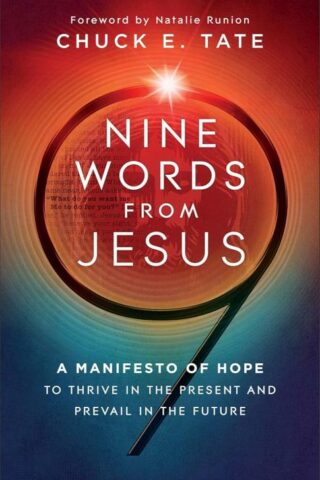
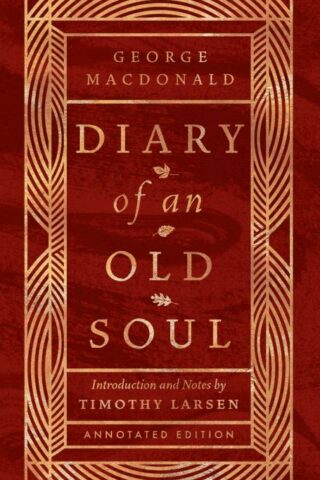
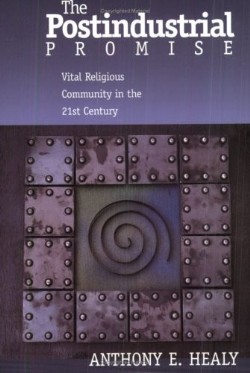
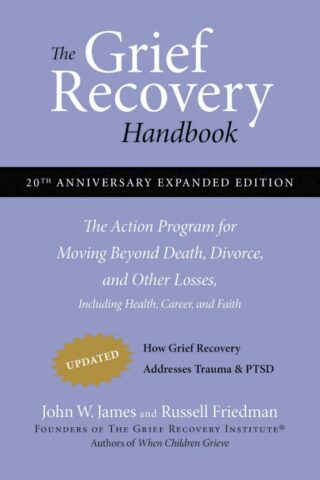
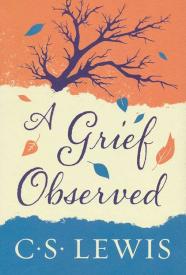







Reviews
There are no reviews yet.